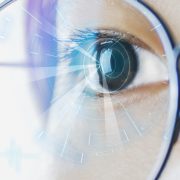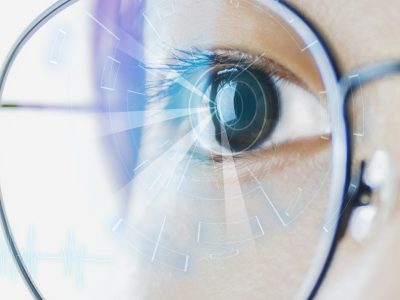
Credit: https://unsplash.com/photos/j2LfEwqVnos
Wearable technology is integral in modern society, but is most useful for seniors with certain health conditions. Doctors encourage seniors to use technology to make their life safe and comfortable. Most medical alert systems can alert doctors or authorities in case of an injury or other medical emergency. In addition, seniors with hearing impairment can delay cognitive loss and blend into society. Here are more benefits of wearable technology for seniors with advanced hearing loss.
1. Help Manage Other Health Conditions
Missing your medication is a serious problem, especially for seniors with hearing impairment, since it can affect your health. Applications and software can remind you about medical appointments, doses, or other important health activities. In addition, health professionals can remotely monitor patients outside conventional health facilities.
Typically, wearable technology can improve your life, especially with health-related issues. It reduces the constant need for health and support, long-term care, and caregiver workloads. However, it depends on the level of medical assistance a patient needs.
The devices can monitor and trigger notifications to ensure elderly patients observe important health schedules around the clock. An advanced senior alert necklace can also give your loved ones peace of mind knowing there’s a system to monitor an elderly senior with underlying health conditions. Seniors who use wearable medical devices experience lower pain and potential medical complications.
2. Prevent Cognitive Decline and Enhances Independence
When you have advanced hearing loss, brain areas responsible for speech recognition can degrade. Over the years, the slow degradation increases the risk of cognitive decline and the ability to understand people. Notably, age-related cognitive decline can occur even if you lose your hearing ability in your younger years. However, you can slow the process by using modern wearable technology to boost your hearing.
In addition, independent living can be challenging for older people with hearing loss. Various tasks like driving around can pose serious risks when you can’t perceive sounds in your environment. This means you’ll rely on other people to get help when commuting.
Nervous attacks can also affect people with advanced hearing impairment, especially when in public places, making them dependent on others for simple tasks like grocery shopping. However, advanced hearing technology can restore your cognitive abilities, confidence, and independence since you can handle most tasks without help.
3. Improved Relationships and Lower Stress Levels
Seniors can get lonely as their relationships slowly erode. Advanced hearing loss compounds the problem since the condition makes it hard to establish and maintain valuable relationships. Communication difficulties with relatives, friends, and people around you can breed misunderstandings and strained relationships. Besides, it’s more difficult to mend relationships when experiencing a communication breakdown.
Noisy environments impair your ability to follow and contribute to conversations when your hearing is compromised. As such, most seniors with hearing issues avoid social places, leading to severed relationships. Mostly, social isolation increases the risks of mental health issues like stress and depression.
However, an audiologist can diagnose your condition and recommend the right wearable, like hearing aids to enhance your communication and ability to socialize with others.
Endnote
Wearable health technology is vital for seniors with hearing impairment. Besides improving their cognitive abilities, the devices can help monitor other health issues to avoid medical complications. However, the devices should be compatible with other technology and support systems to ensure maximum benefits.

















